Digital Cameras come in lots of different shapes and sizes, but they all have a few basic things in common: a lens to focus on your subject, housing (Camera body), and an electronic sensor to record the photograph digitally. In this post, I gathered some basic tips and interesting links to let you begin your photography journey if you are a beginner photographer. On the other hand, if you are a qualified photographer, you will surely find something new.
The great thing about digital cameras is that they have no ongoing costs, such as film and development. So the key to success in photography is learning, then you can experiment over and over again and immediately see the results.
Digital Camera Photography Tips
Tip 1: Learn & understand the photography basics
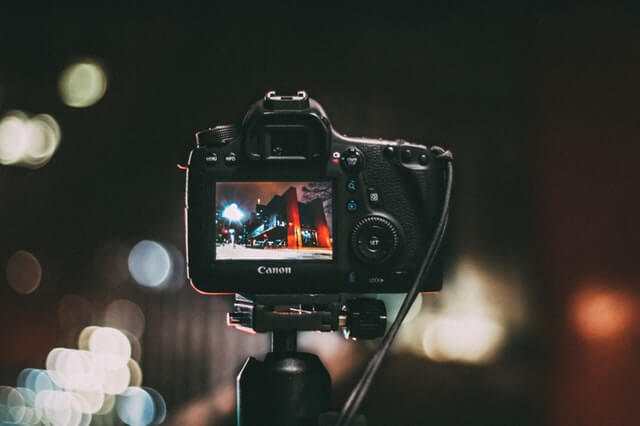
If you’re looking to learn photography basics and get full control of your camera then you might like to check out our comprehensive tutorials:
What Is Aperture In Photography
What is Shutter Speed in Photography
What Are The Different Types Of Light In Photography?
Understanding Sharpness Is The key
What Is White Balance? – A Beginner Guide
Tips For Taking Good Photos At Low Light Condition
How to Control DOF of Your Photos – Shallow Depth of Field vs Deep Depth of Field
How to Use Histogram in Photography
What is Photo File Format- How to Use it
What Is Autofocus And How It Work
Also, there is an introductory photography course, follow the below links:
- 1st course: Camera Basics & functions
- 2nd Course – Natural Light Photography Tips
- 3rd course: Shutter type, shutter speed, freezing movement, zoom panning, bulb, fill flash & techniques to practice
- 4th Course – Aperture And Depth Of Field
- 5th course: Circle of confusion, sharpness, resolution, contrast, composition rules & setting up your camera
At last, there are three question and answer lists, they offer you with quick answers to commonly asked photography questions and a Photography Glossary:
- Questions & Answers For Photography- Basic Q&A list
- The Digital Photography Tips- Advanced Q&A
- The Digital Photography Tips- Ultimate Q&A List
- Photography Glossary
Tip 2: Pick up the right camera for you and know and practice its setting
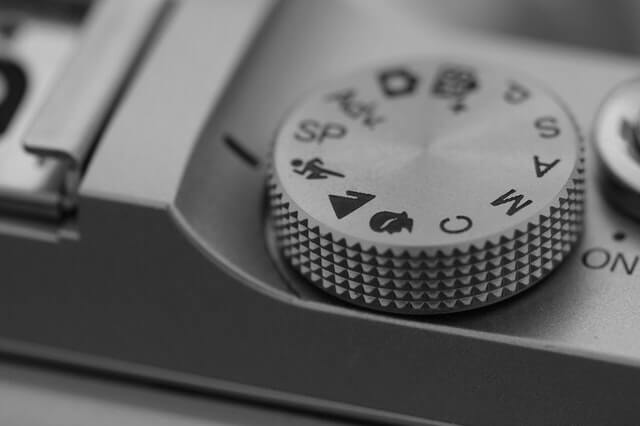
When you’re building your experience and knowledge of photography, the go-to question is: “What is the best camera for photography?” Everyone’s answer depends on what you are doing, or what kind of photography you are interested in. It is reasonable to go through the different types of cameras to understand their capabilities and to be able to know the major differences between them. The posts below will introduce to you some capabilities of different kinds of cameras and some recommendations.
Difference between DSLR and Mirrorless Cameras
What is The Best DSLR Cameras for Beginners
Full Frame vs Crop Sensor – Which To Choose
What Is The Best Camera For Photography? – The 10 Best DSLRs
Top-Rated Mirrorless Cameras – Your Ultimate Guide!
Tip 3: Learn how to pick up the suitable lens
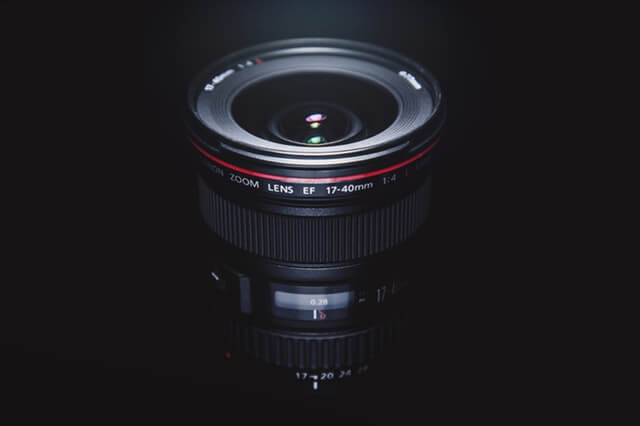
Choosing a suitable lens for certain shooting conditions is a very difficult task and need a lot of effort like reading reviews and asks experienced photographers throughout social Media.
If you succeeded in making a short list of interested lenses for certain shooting conditions, you should consider using DxOMark which is an Independent, trustworthy website to help you compare different types of lenses and cameras. The following tutorials provide you with basic information about lenses.
Understanding DSLR camera lenses – Your ultimate guide
The Camera Lens Evaluations- MTF Chart Explained
The Macro Lenses Explained – Samples & Recommendations
Best Canon Lenses For Landscape – Top 5 You Need To Know
Best Canon Lens for Portrait Photography
What is a Good Lens for Portraits
Best Lens for Portrait Photography-Third party lenses
What is The Tilt-Shift Lens – Your Ultimate Guide
Fisheye Lenses for Canon – Top 5 You Need To Know
Tip 4: Discover the different types of photography
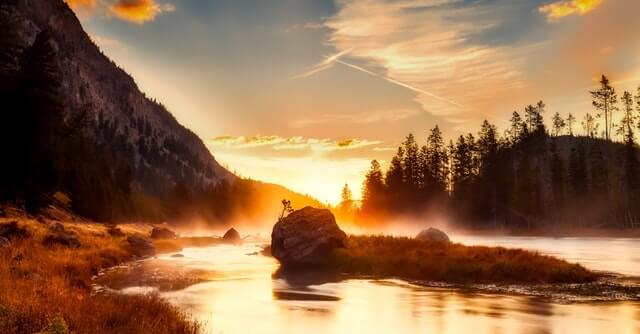
People tend to specialize or lean towards one or two types of photography for many reasons. But, I think that knowing that there are many types and genres of photography, will inspire and encourage you to try them. The following are some types of photography:
Portrait photography
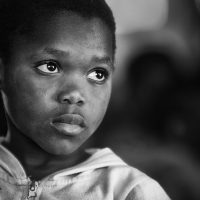
Capturing peoples’ moods and expressions is an intriguing subject for photographers. They can be close-up images, body portraits, etc. Typically the face is the focus of this type of photography. While taking a portrait, the photographer should ensure that the subject’s face is sharp and focused, especially his or her eyes. The subject’s pose should also be flattering, and try to capture a person’s natural expressions.
Outdoor Portrait Photography Tips – From Basic To Advanced In Simple Steps
Family Portrait Photography Tips – 5 Tips For Great Portraits
Photography Lighting Techniques – Portrait Lighting Setup
Landscape photography
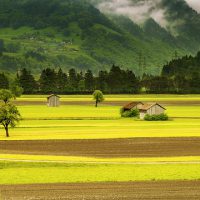
This is one of the most popular types of photography, Shooting photographs of natural environments, known most commonly as landscape photography, is one of the most popular and fun ways to get started in the art of taking pictures. The Wikipedia site defines landscape photography as capturing the presence of nature but it can also focus on man-made features or disturbances of landscapes. While it may seem simple to snap a couple of photos of a mountain or a hillside, it can be a bit more complicated than point-and-shoot.
landscape photography tips and tricks – Shoot like a pro
How to capture landscape – Your simple guide
Where To Focus In Landscape Photography
Photographing Waterfall Tutorial- Tips & Equipment You Should Use
10 Tips for Amazing Cityscapes Photography
How to Take Best Sunset and Sunrise Photos
Architectural photography

Architectural photography has an almost endless range of possibilities, There are chances to capture some of the world’s most significant monuments at one end, whilst at the other end of the scale, and there are chances to capture someone’s humble home or living space. Shooting old and historical buildings is an interesting part of architectural photography, also the interior of the building is another wonderful part of architectural photography; they can offer you a big chance to capture some amazing photos.
The Architectural Photography- The full Guide
Night photography
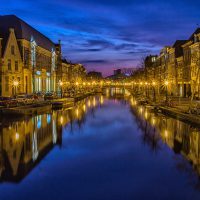
Night photography refers to photographs taken outdoors between dusk and dawn. You don’t need to travel a lot to search for exotic places to take photos, you can still get stunning photographs of some subjects, places, buildings, city streets, etc., they look ordinary and maybe boring at daylight, but they turn into fantastic scenes at night. Night photographers generally have a choice between using artificial light and using a long exposure, exposing the scene for seconds, minutes, and even hours in order to give the digital sensor enough time to capture a suitable amount of light.
Fireworks Photography Settings – Steps & Guidelines
Sports Photography

Sports photography refers to the genre of photography that covers all types of sports. In the majority of cases, professional sports photography is a branch of photojournalism. The main application of professional sports photography is for editorial purposes; dedicated sports photographers usually work for newspapers, major wire agencies or dedicated sports magazines. However, sports photography is also used for advertising purposes both to build a brand and as well as to promote a sport in a way that cannot be accomplished by editorial means.
Basketball Photography Tips – Indoor Sports Photography Guide
Wedding photography
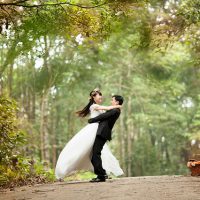
Wedding photography is the photography of activities relating to weddings. It encompasses photographs of the couple before marriage (for announcements, portrait displays, or thank you cards) as well as coverage of the wedding and reception. A decent wedding retains the most ravishing memories in one’s lifetime. Everyone envisions that their wedding day will be astonishing, the cake, the music, the flowers, the guest, the venue but what makes these memories live forever is the artistic photographs.
Wedding Portrait Photography Tips – 10 Essential Pieces of Advice
Macro photography
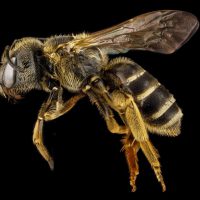
Macro photography is extreme close-up photography, usually of very small subjects and living organisms like insects, flowers, Jewelry, even a water droplet in which the size of the subject in the photograph is fully filled the photo frame. Macro photography brings out the minute details of the chosen subject. Things that are not normally visible to the human eyes look amazing in macro photography.
Macro Photography Tips and Tricks – Guidelines & Examples
An Overview of Reverse Lens Technique for Macro Photography
Using Of Extension Tubes In Macro Photography – Your Full Guide!
Flower Photography – How to Take an Amazing Shot of a Flower
Baby photography

Every parent wants to document their child’s birth, right from the birth room till they grow up. It’s a great way to preserve memories and it’s a fun way of gifting your little one when they grow up into adults.
Baby Portrait Photography Tips – How to get great results!
Newborn Photography Tips and Trick
Street photography
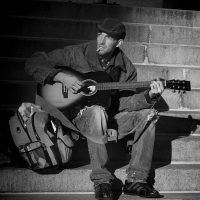
Many years ago, Street photography was most commonly referred to as photography of subjects/people within (public) cityscapes in a manner reminiscent of documentary photography. Nowadays the street photography has moved solely toward photographing people in situations and emphasizes the foreign or the funny situation and subjects.
Street Photography – Tips For Capturing Natural Moments
Food photography

Food photography is a still life photography genre used to create attractive still life photographs of food. This type of photography is used by restaurants, websites or bloggers to entice customers to try and sell their products.
Food Photography Tips – And Lens Recommendations
Tip 5: Know the common shooting techniques
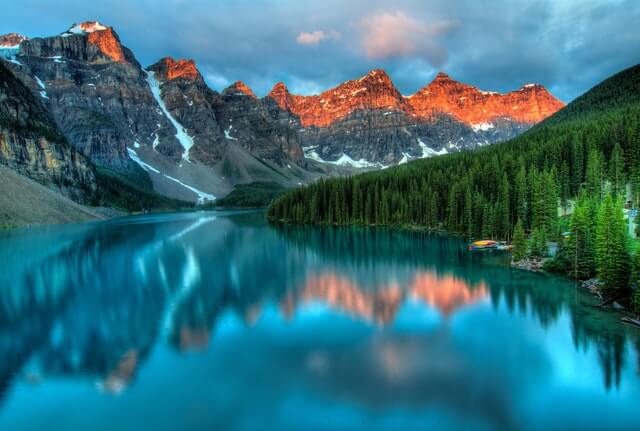
One of the great things about mastering different photography techniques is finding new ways to incorporate them into everyday compositions. By using one or more of the techniques that I’ll mention below, can enhance everyday subjects, and turn ordinary scenes into creative and artistic images that really stand out. The following are some common techniques:
Panorama photography- Photo stitching technique
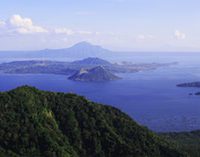
Panoramic photography is a technique of photography using specialized equipment and software, to capture images with horizontally elongated fields of view. It is sometimes known as wide format photography. Check the following post:
The Panorama Photography Tutorials
Slow shutter speed technique
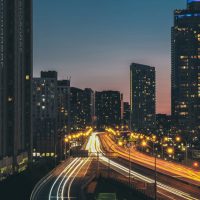
Long exposure photography implies utilizing a long shutter speed, and also a tripod, and regularly a remote shutter release. The subsequent impact is to strongly catch stationary components of a scene while smearing, blurring, or darkening any moving components.
Light trails, Star trails and blurring falling or moving water are examples of this technique.
Long Shutter Speed Photography – How To Apply it?
High shutter speed technique- Freezing the motion
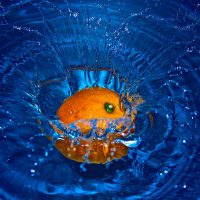
On modern digital camera, you can choose shutter speeds up to 1/8000th of a second – unbelievably fast! This means the screen opens for only 1/8000th of a second. In this brief minute, time is truly frozen and you can easily freeze the movement of very fast moving subjects.
Fast Shutter Speed Photography – Most Important Things To Consider
HDR photography – Bracketing technique
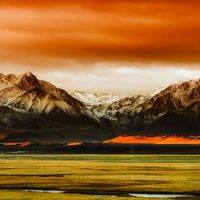 The need to apply bracketing is very logical, if you took three photos of the same subject, one at normal exposure, the second at darker exposure, and the third at a brighter exposure, you would have a better chance of getting a properly exposed shot to choose from. That is the first obvious option, but the second amazing one is to process the three images in special software to produce an amazing HDR photo.
The need to apply bracketing is very logical, if you took three photos of the same subject, one at normal exposure, the second at darker exposure, and the third at a brighter exposure, you would have a better chance of getting a properly exposed shot to choose from. That is the first obvious option, but the second amazing one is to process the three images in special software to produce an amazing HDR photo.
Bracketing – The Best Way To HDR Photography
Aurora HDR 2018 Review – Tools & Performance
Aurora HDR 2018 Review – Features and Technology
Focus Stacking technique

Focus stacking simply means taking multiple photos of the same subject, each with a different focused spot. This is followed by the use of post-processing software like Adobe Photoshop to align the focused portion of each image and blend them into one final-and-focused image. It is a really simple technique that everyone can use on their photos. Focus stacking technique is usually applied in macro photography, landscape photography, and low light photography.
Getting The Best Photos Sharpness By Using Photo Stacking
Low & high key photography
 Low key
Low key
Low key photography refers to a style of photography that utilizes predominantly dark tones to create a dramatic looking image. The key here is not producing dark images but to use lighting very selectively so that only specific portions of the image are illuminated.
High key
It is a style of lighting that aims to reduce the lighting ratio present in the scene. It is used to get the best photos that suggest an upbeat, low contrast, and happy-looking mood. The terminology comes from the higher balance in the ratio between the key light and the fill light in a traditional three-point lighting setup.
What is The Low Key Photography – A Beginner Guide
What is The High Key Photography – How to Get The Best Photos
Panning technique

The panning technique is taking a shot while panning your camera horizontally along in time, and tracking a moving subject, and ends up getting a relatively sharp subject against a blurred background.
The Art Of Taking A Panning Shot
Bokeh effect technique

Bokeh is the quality of out-of-focus or “blurry” parts of the image rendered by a camera lens; it is NOT the blur itself or the amount of blur in the foreground or the background of a subject. It is simply the quality and feels of the background/foreground blur and reflected points of light.
Bokeh Photography – What Is Bokeh Effect
The Time Lapse Photography
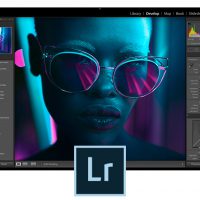 Time-lapse photography is a photography technique that compresses the time. A natural event may take minutes, hours, or even days to actually happens, by the time-lapse technique you will compress this the time of this event and shoed it in a short video or footage that takes only seconds. A plant growing process or the opening of a flower, for example, can take hours or days to complete, by using the time-lapse technique you can really summarize this event visually in a video that only takes few seconds to watch.
Time-lapse photography is a photography technique that compresses the time. A natural event may take minutes, hours, or even days to actually happens, by the time-lapse technique you will compress this the time of this event and shoed it in a short video or footage that takes only seconds. A plant growing process or the opening of a flower, for example, can take hours or days to complete, by using the time-lapse technique you can really summarize this event visually in a video that only takes few seconds to watch.
Time Lapse Photography Tips-Full Tutorial & Post processing with Lightroom CC
Moving a Still Photo Technique
PLOTAGRAPH Pro is an incredible new photography tool that can take any still image and animate it into a beautiful looping GIF or video file. Unlike other Cinemographs software, that produces videos and GIF files also, but they use a video footage and require specific video production which adds considerably to the costs. With Plotagraph pro, no need to shoot a video or capture multiple frames, a single JPEG is all that application needs.
Moving a Still Photo- PLOTAGRAPH Review
Tip 6: Be aware of composition rules
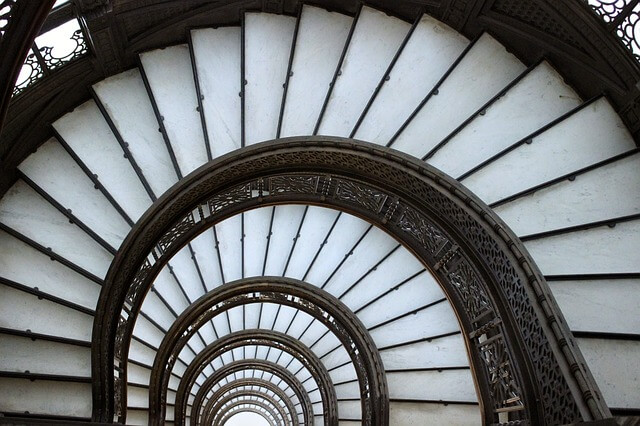
What makes a good photo is a good composition. There are many composition rules; the tutorials below give you some ideas about photo compositions.
Top 10 Photography Rules – Guidelines for better photos
10 Rules for Photo Composition
Golden Ratio and Photography Composition
Tip 7: Learn how to use a flash
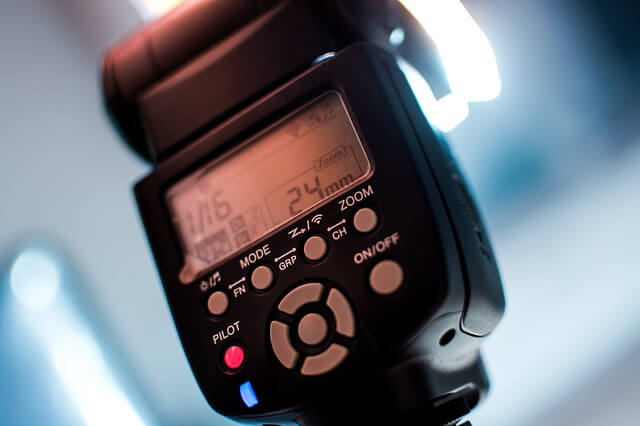
Flash photography opens up a whole new world of possibilities to take some truly amazing photos that just wouldn’t be possible with natural light. It is important to understand that your flash unit is just another light source at your disposal. Fortunately, you can control the light it produces and shapes it to your needs. Below are some interesting posts about using flash in photography.
How To Use Flash In Photography- The Full Guide
Off Camera Flash for Beginners
Canon Camera Flashes – Top 5 Reviewed
What Is The Use Of A Flash Diffuser? – Simple Tutorial
Flash Photography Tips – Tricks & Techniques For Better Photos
Tip 8: Learn editing software
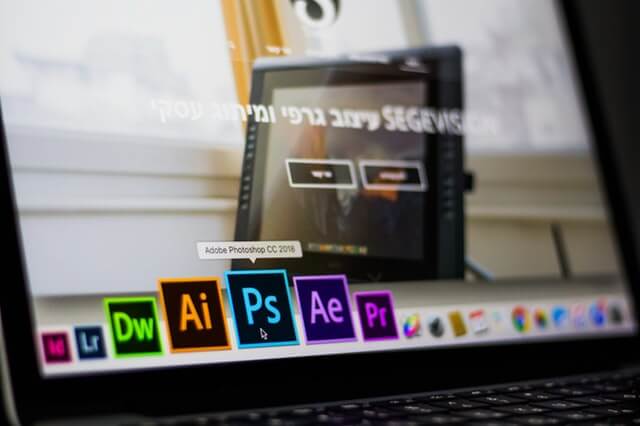
After taking your photos, you probably discover that you need to crop your photo, may want to adjust and straighten the horizon, improve lighting and colors, Remove unwanted content, add creative effects, and may want to increase sharpness, etc. There are many things you can do by using photo editing software, I believe that editing your photo is a must job to be done. The below links present to you a group of well-known editing software.
Adobe Photoshop & Lightroom Creative Cloud
Adobe Photoshop Lightroom 5 Review – My Favorite Photo Editing Program
Pixlr – Free Online Photo Editor
What is the Best Online Photo Editing Services
How to Reduce the Photo Noise – The Free Noise Reduction Software
The Free Photo Editing Software- The best 7 Software Packages
The Photo Editing Software – CyberLink PhotoDirector 8 Ultra
How To Correct Lens Distortion – DxO Optics Pro 11 Is The Answer
Tip 9: Consider photo organizing and printing
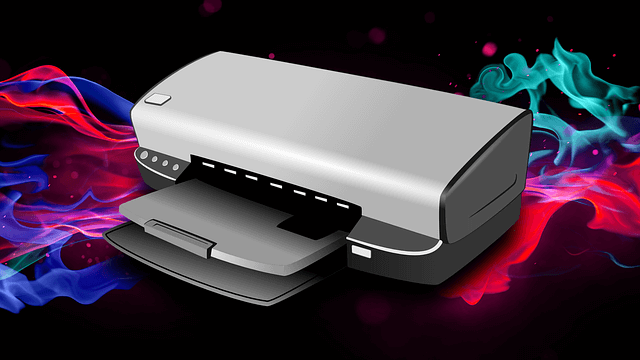
With the zero running cost of taking photos nowadays, together with the vastly increased use of smartphone cameras, we all end up with enormous numbers of photos scattered among computers and cameras and social media. It is becoming a problem when trying to search or organize that huge number of photos; the problem became worst when you need to change your PC or your phone. So, uploading all your photos to a photo hosting sites may be the solution.
Best Photo Hosting Sites – 15 Websites You Should Try
Learning how to print a photo is important because there’s something beautiful and special about a physical print. When we look at a printed image or flip through an album we really slow down and appreciate it, rather than clicking through thousands of digital files without even stopping to really look.
How To Print A Photo- Here’s What You Need to Know
What Is The Best Photo Printer – Top 5 to choose from!
The Online Photo Printing – Top Class Printing Services
Tip 10: Get familiar with different camera accessories
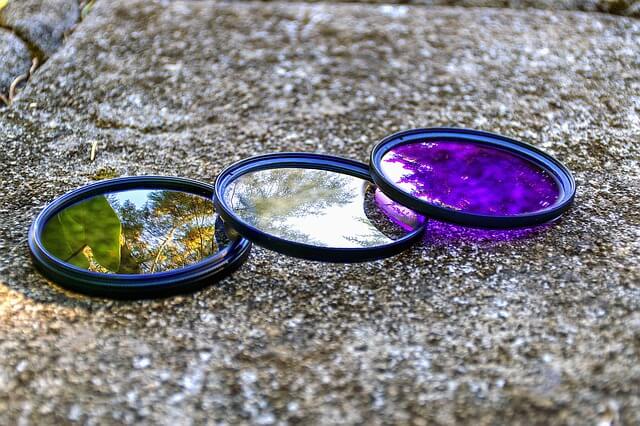
Digital camera accessories will help you get the most out of your photography or help you take better shots. Camera shops and online retailers are full of enticing accessories that promise to help with your new hobby, but which do you actually need? The following posts will help you decide what kit to consider and what it is used for.
The Neutral Density Filter Tutorial- Your Simple Guide!
Camera Lens Filters Explained – Your Full Guide
What Is Polarizing Filter? – Everything You Need To Know
Photography Light Meter – Camera metering Vs Handheld Metering
Canon Camera Memory Cards – How to choose
Canon Wireless Remote Shutter Release – Avoid camera shake now!
Manfrotto 190 mt190xpro3 – Best Digital Camera Tripod
Canon DSLR Camera Bags – Top 5 Reviewed
Camera Bags For Women Photographers – 8 Unique & Colorful bags
Using Of Extension Tubes In Macro Photography – Your Full Guide!
Camera and Accessories for the Underwater Photography
Tip 11: Take care of your camera
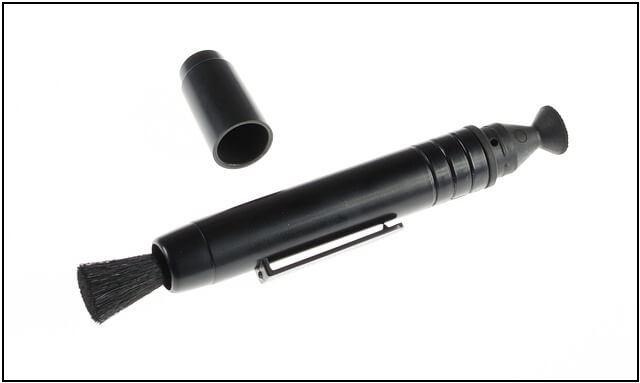
Lenses tend to get a little grimy and unclean over time. The below tutorials explain basic tips for cleaning them up so that your shots will be as clear as possible.
How To Clean Your Camera Lens? – Protect your asset
One of the fastest ways to ruin every single shot you take with your DSLR camera is to have a dirty image sensor. Changing lenses frequently in a windy environment can cause some dirt or particles to enter your camera body. This tutorial gives some basic tips on how to ensure it stays as clean as possible.
How to Clean Digital Camera Sensor
Thanks for reading the article, hope you enjoy it and found it useful to you. If you have any questions, drop them down in the box below and I’ll answer them as soon as possible.
If you like the site, don’t forget to subscribe, we will notify you if a new article is posted.

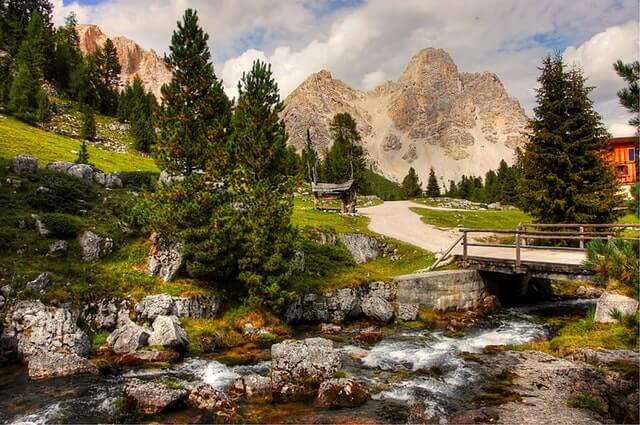


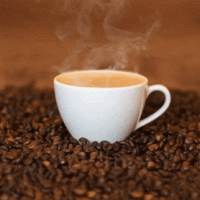

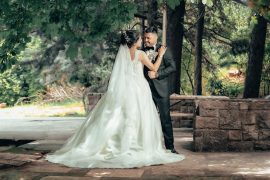
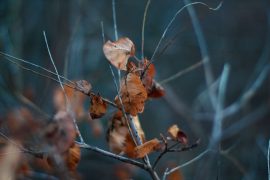
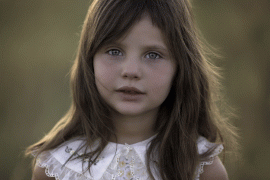
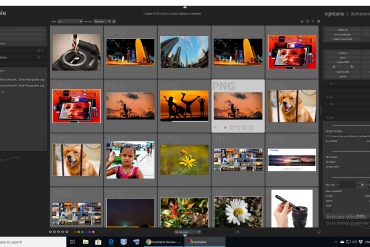

Good day, Amin.
Just finished reading your post about digital camera photography and now I understand, that time has come for me to unpack my Canon 350D. I’ve had it for years and recently was not using it at all. Now I am thinking about joining your courses to understand my Canon more and master my photography skills.
Welcome to the wonderful world of photography!
Taking photos is a beautiful art, I feel like in a moment you can capture the soul of a person, or the beauty of nature or simply a second of life. it is just beautiful. Reading all the courses that you are talking about though I feel a little overwhelmed and I am not sure where one should begin. is there any of the course that you would say to start with if you knew really little about photography?
It is really not important where you start learning, the important thing is you have to keep learning!. Any introductory course will do, then keep practicing and learning.